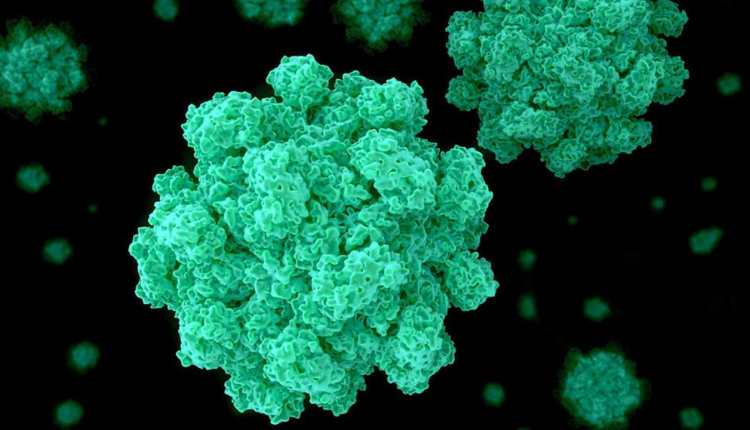Cybersecdn– Amidst the ongoing concerns surrounding public health, the Northeastern states of Connecticut and New York are facing a particularly alarming situation with the rapid spread of the Norovirus. While influenza and COVID-19 have been dominating headlines, the Norovirus has emerged as a significant health threat in the region, presenting unique challenges to healthcare professionals and communities alike.
Recent reports from the Centers for Disease Control and Prevention (CDC) highlight a concerning surge in Norovirus cases across the nation. However, the Northeast, especially Connecticut and New York, seems to be experiencing a disproportionate increase in infections, raising red flags among public health officials.
The Norovirus, often referred to as the stomach bug or stomach flu, is notorious for its highly contagious nature, spreading rapidly through contaminated food, water, or surfaces. Unlike other respiratory viruses, the Norovirus primarily affects the gastrointestinal system, leading to symptoms such as severe stomach pain, vomiting, diarrhea, fatigue, dehydration, and fever.
One of the most concerning aspects of the Norovirus is its rapid onset of symptoms, with infected individuals typically experiencing illness within one to two days after exposure. This swift onset poses challenges for early detection and containment efforts, making it crucial for individuals to remain vigilant and responsive to any signs of illness.
Despite efforts to mitigate transmission, traditional preventive measures like hand sanitizer offer limited protection against the Norovirus. Alcohol-based sanitizers are ineffective against this virus, necessitating the use of soap and water for thorough handwashing. The CDC emphasizes the importance of frequent handwashing, especially after using the restroom, before preparing or eating food, and after caring for someone who is sick.
In light of the escalating Norovirus outbreak, healthcare facilities and public health agencies in Connecticut and New York are ramping up efforts to educate the public about preventive measures and provide timely medical care to those affected. Increased awareness, coupled with proactive measures, will be instrumental in containing the spread of the Norovirus and safeguarding the health and well-being of individuals and communities across the region.
Read More: Washington Egg Prices Go Up for a Number of Different Reasons!
Bob Costas Sparks Controversy: Candid Remarks on Trump Draw Uniform Response!
Migration Update: Texas Decreases, California’s Trend Continues Upward!
As the situation continues to evolve, ongoing surveillance and collaboration between healthcare providers, public health authorities, and community members will be essential in mitigating the impact of the Norovirus outbreak and ensuring a swift and effective response to emerging public health threats.

